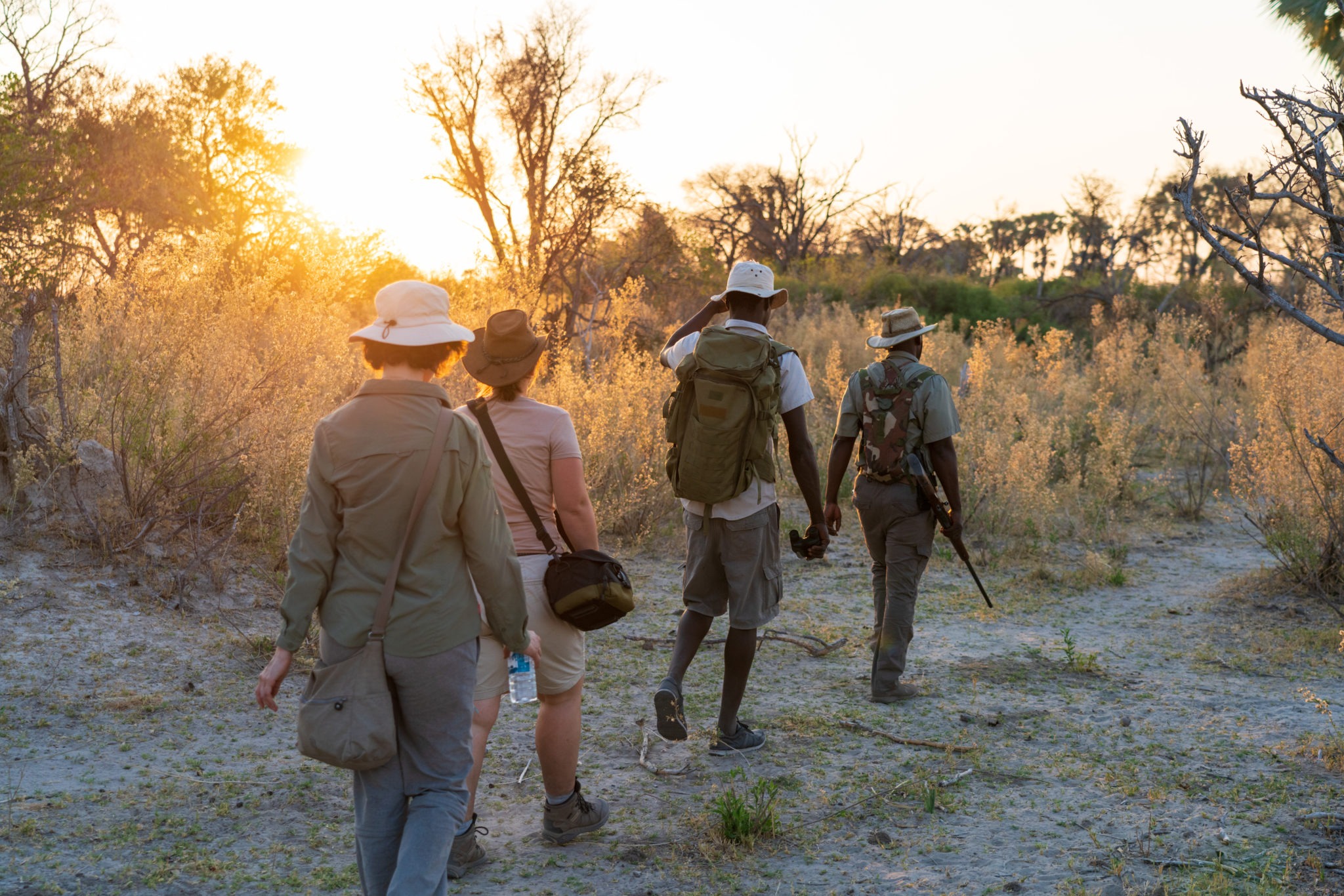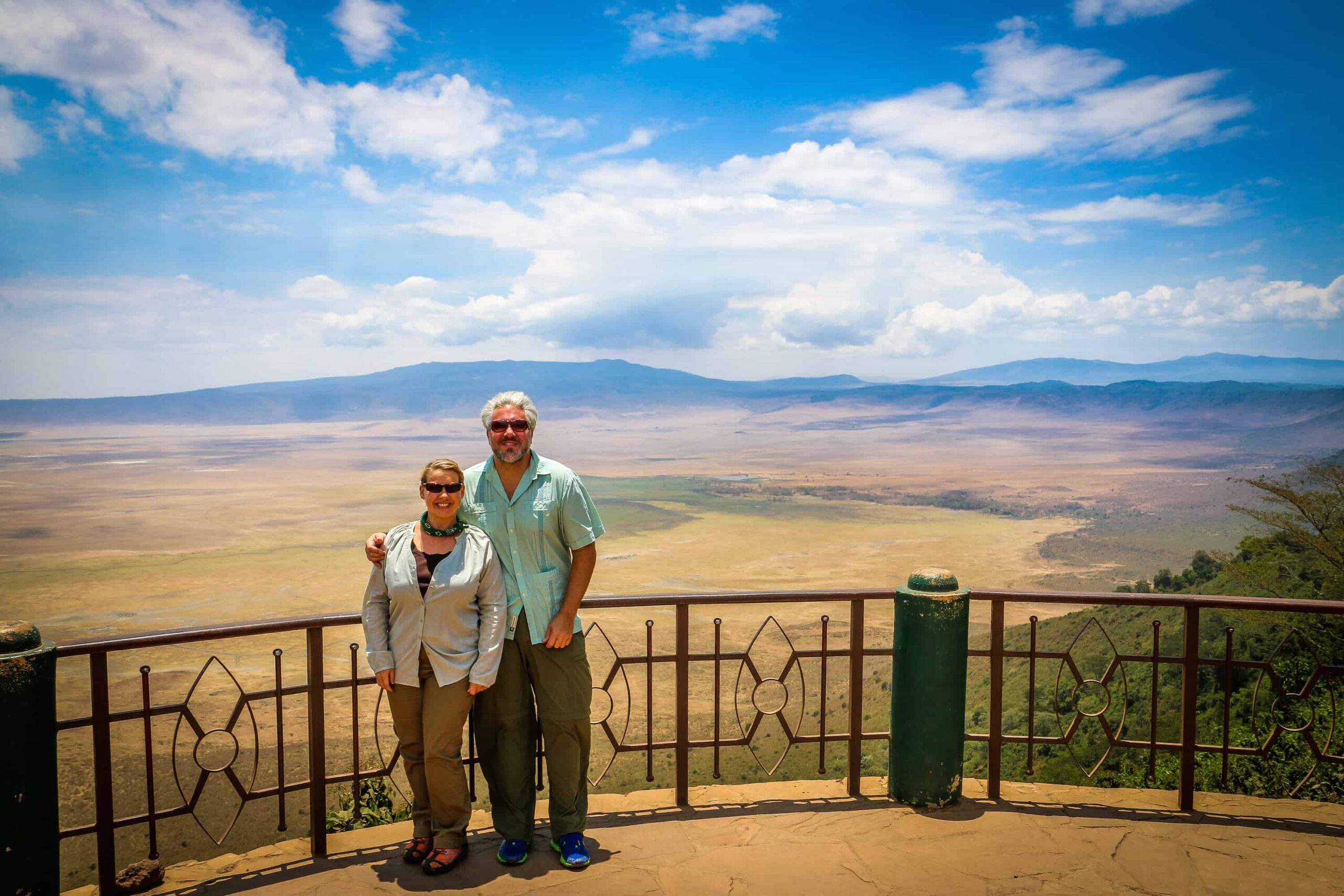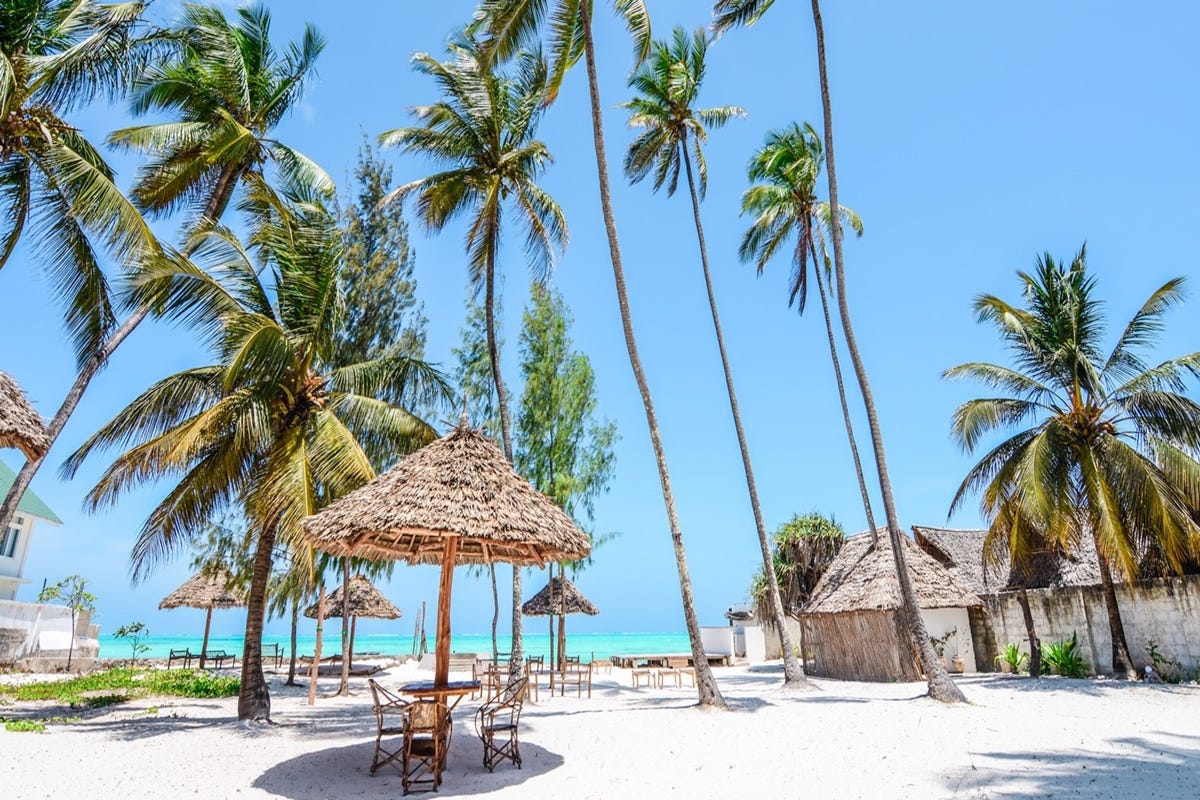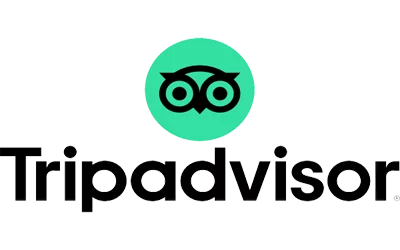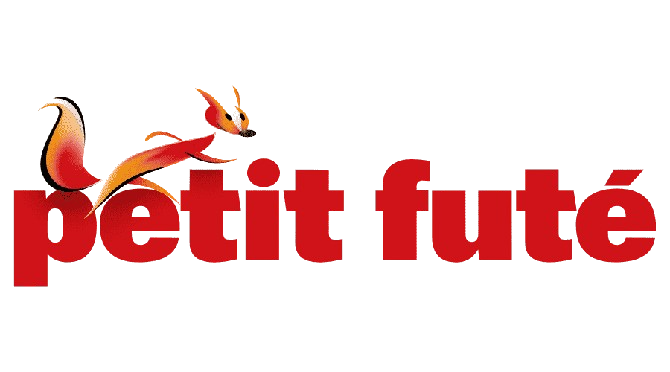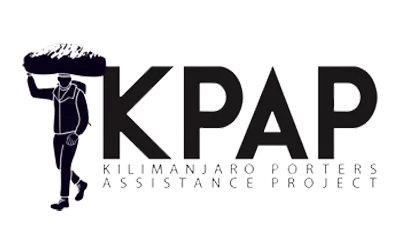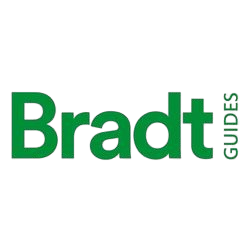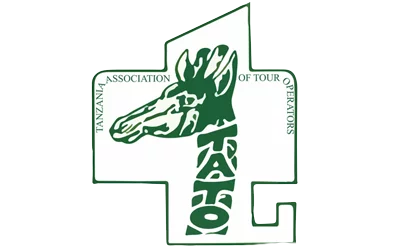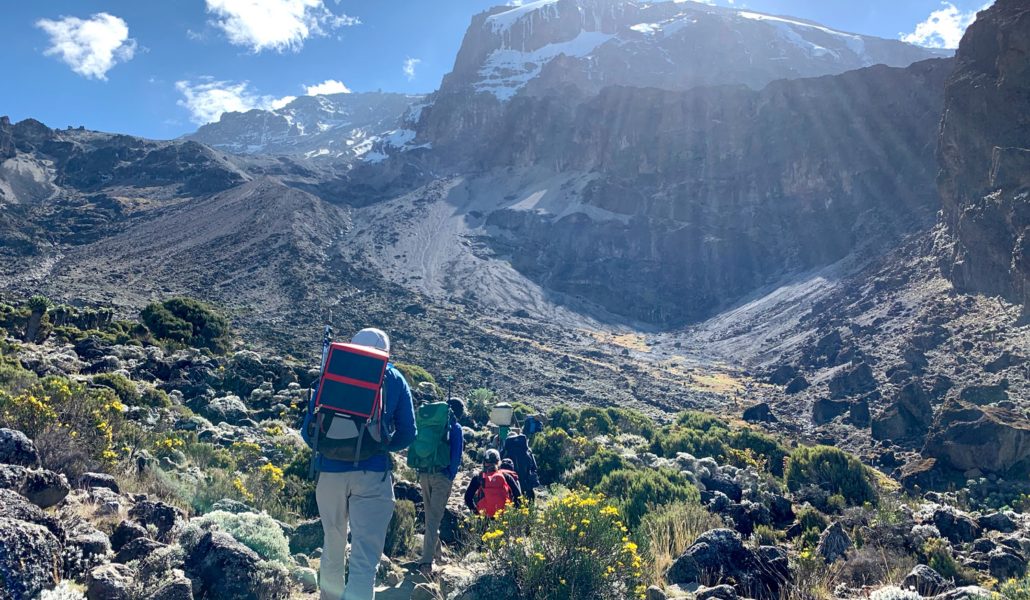
Introduction
Kilimanjaro, the iconic African peak, has long lured adventurers and trekkers from across the globe. Among the various routes to conquer this majestic mountain, the 7 Days Rongai Route stands out as a remarkable choice. This article delves into the intricacies of embarking on a Kilimanjaro climbing adventure through the 7 Days Rongai Route.
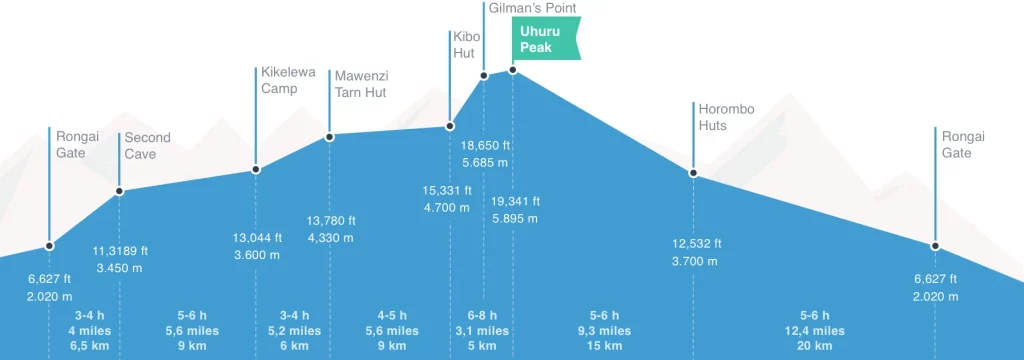
The Rongai Route – A Brief Overview
The Rongai Route is one of the seven official routes to the summit of Mount Kilimanjaro. It is often heralded for its unique characteristics, including its relatively low traffic, captivating views, and an adventurous experience that encompasses a variety of landscapes and ecosystems.
The Rongai Route is one of the easiest routes and the success rate is very high. The route starts on the north side of the mountain just south of the Kenyan border. The descent is down the Marangu Route on the south side of the mountain, so climbers see the mountain from many viewpoints.
The drive to the trail head takes about 3 hours from Moshi through many villages and coffee plantations, including a stop to register climbing permits at Marangu.
7 Day Rongai Itinerary
Day 1: Arrival in Moshi
Your Kilimanjaro adventure begins with your arrival in Moshi, a bustling town in Tanzania. You’ll be transferred to your hotel, where you can rest and prepare for the climb. It’s essential to spend this time acclimatizing to the altitude.
Day 2: Rongai Start Point (1996m) – Simba camp (2626m)
We depart from Moshi town and drive 45mins. to Marangu park gate for registration. From there, we travel to Naro Moru, a further 68km and approximately 2 ½ hours on bad roads to the Rongai starting point (1996m). We begin our hike from the Nale Moru village. The small winding path crosses maize fields before entering pine forest, and then we climb gently through a forest. The trail is not steep, but is rather a gentle hike through a beautiful countryside. The first night’s camp is at Simba Camp (2626m).
Day 3: Simba Camp (2626m) to Second Cave
The morning walk is a steady ascent up to the Second Cave (11,300 ft) with superb views of Kibo and the Eastern Icefields on the crater rim. After lunch, we leave the main trail and strike out and head southeast across the moorland on a smaller path towards the jagged peaks of Mawenzi. Our campsite is in a sheltered valley, decorated with giant senecios near Kikelewa Caves (11,800 ft).
Day 4: Second Cave (2626m) – Kikelewa Camp (3679m)
The hike today is short and steep up a grassy slope. Views of the wilderness area are stunning. As we exit the heath zone and emerge into the Alpine Desert zone, the landscape changes dramatically. Our camp is situated beneath the jagged spires of Mawenzi, at Mawenzi Tarn. The remainder of the day can be spent relaxing or exploring the area.A short but steep climb is rewarded by superb all-around views and a tangible sense of wilderness. We leave vegetation behind shortly before reaching the next camp at Mawenzi Tarn (14,200 ft), spectacularly situated in a cirque directly beneath the towering spires of Mawenzi. The afternoon will be free to rest or explore the surrounding area as an aid to acclimatization.
Day 5: Kikelewa Cave (3679m) – Mawenzi Tarn camp (4303m)
We have an additional day to acclimatize. The day will be spent exploring the area with a walk up onto the Saddle towards Camel’s Back. Afterwards, we will return to camp at Mawenzi Tarn (14,200 ft).
Day 6: Mawenzi Tarn camp (4303m) – Kibo hut (4730m)
After breakfast, we head west and continue ascending on the east side of Kibo. We then cross the saddle between Mawenzi and Kibo taking 4 to 5 hours to reach Kibo Hut. The remainder of the day is spent resting in preparation for the final ascent, which begins around midnight. Overnight at Kibo hut.
Day 7: Summit Uhuru Peak
The total time spent walking on this day is around 14 hours, so be prepared for a very tough day. You will rise around 23h20, and after some tea and biscuit, we begin our ascent. The first section of the trail consists of a rocky path to the Hans Meyer Cave (5150m), also a good resting spot. The path then zigzags up to Gillman’s point (5681m), which is located on the crater rim. This section is very steep with a lot of stone scree, requiring a great physical and mental effort. This is probably the most demanding section of the entire route. From Gillmans Point, you will normally encounter snow all the way up to Uhuru peak (5895m), the highest point in Africa!
Weather conditions on the summit will determine how long you will be able to spend taking photographs and enjoying the amazing scenery. Afterwards, we begin our 3-hour descent back to Kibo hut. After a short rest at Kibo hut, we gather all our remaining gears and head down to Horombo hut (3 hours) for your overnight. The return to Horombo hut will seem surprisingly fast compared to the ascent. Later in the evening, you will have your last dinner on the mountain and have a well-earned sleep.
Day 8: Horombo hut (3705m) – Marangu Gate (1860m)
After breakfast, we continue our descent for around 6 hours passing the Mandara hut down to the Marangu gate. At Marangu gate, successful climbers receive their summit certificates. Those climbers who reached Gillman’s Point (5685m) are issued with green certificates, and those who reached Uhuru Peak (5895m) receive gold certificates. Afterwards, we drive back to hotel in Moshi for a long overdue hot shower and celebration.
Day 9: Departure – Kilimanjaro International Airport
After a good night’s rest at your hotel, you will take breakfast ready for the scheduled check-out by 10.00hrs.(If you wish to remain in the hotel during the day, please advise us of this when you book your trip and we will inform you of the cost for a ‘day room’ which allows you to stay until 18:00hrs, and then make the booking on your behalf.)
As the transfer services have been already included in this package, you will be collected from your hotel and dropped off at the airport.
When planning your Kilimanjaro expedition, it is essential to establish a clear budget in advance and take into account additional expenses such as tips for guides and concierge staff.
Safari Nuggets is a reputable local tour operator that helps you plan a safe and successful climb with a successful summit rate of over 95%.
What is the price for Kilimanjaro Climbing on 7 Day Rongai Route?
Below is a 2024 price list for the Kilimanjaro 7 Day Rongai route against the group size of climbers. Look for your expected group size and the price, then make a booking for your upcoming adventure with Safari Nuggets.
|
7 Days Rongai route Prices Per Person |
|
|
Number of Climbers |
Cost per Climber |
|
1 |
$2942 |
|
2 |
$2411 |
|
3 |
$2340 |
|
4 |
$2277 |
|
5 |
$2237 |
|
6 |
$2215 |
|
7 |
$2202 |
|
8 |
$2204 |
|
9 |
$2191 |
|
10+ |
$2174 |
The Trekking Package Price Includes:
- Airport pick up and drop off – Kilimanjaro Airport (JRO) – Moshi
- 2 Hotel nights accommodation in Moshi (one night before the trek and the night after the trek)
- All park fees for the national park including taxes
- All meals and unlimited drinking water while on the mountain
- Private toilet tent included (1 toilet for every 7 climbers)
- All salaries for guides, assistant guides, chef, porters
- Transport to and from the park gate
- Oxygen for altitude sickness emergencies
- All camping equipment (tents, tables, chairs, cooking equipment, dining tent, sleeping mattress — but not sleeping bag)
The Trekking Package Price Excludes:
- Extra JRO airport pickups and drop offs ($40 per car)
- Sleeping bag – please bring your own or rent one from our equipment rental shop
- International flights & visas
- Travel Insurance
- Mountain climb staff tips
- Alcoholic drinks
- Personal travel and baggage
- Telephone/internet bill
- Laundry service
- Any personal items
- Activities not mentioned in the program
Note: For private groups with an even number of participants, the price is based on double occupancy in the hotel in Moshi and in the tents on the mountain. Private rooms/tents are available at an added price. For odd numbered participants, the price for one single hotel room and tent is already factored into the quoted price. Our default policy is to divide the entire price evenly. If you prefer, we can calculate a separate price for those with double occupancy and the person with single occupancy.
Booking Your Kilimanjaro Climb
You can book your 2024 Kilimanjaro climb by filling this form and submit your request. Our tour consultant will get back to you shortly with a quote proposal for your climb. Also see what other customers say about Safari Nuggets on TripAdvisor. Read our Kilimanjaro FAQs and Kilimanjaro Packing List.
FAQs
- Is climbing Kilimanjaro via the Rongai Route suitable for beginners?
The Rongai Route is considered one of the more accessible routes on Kilimanjaro, making it suitable for trekkers with a moderate level of fitness and no technical climbing skills.
- What is the best time to climb Kilimanjaro via the Rongai Route?
The best times are from December to March and June to October when the weather conditions are more favorable.
- How can I prepare for the high altitude on Kilimanjaro?
Proper acclimatization is crucial. Spending a day at Horombo Huts and drinking plenty of water can help alleviate altitude sickness.
- Is it necessary to hire a guide for the Rongai Route trek?
Yes, it’s mandatory to hire a registered guide. They are essential for your safety and ensuring a successful climb.
- What is the level of physical fitness required for this trek?
While you don’t need to be an elite athlete, a good level of fitness and some pre-trip training hikes will be beneficial.

